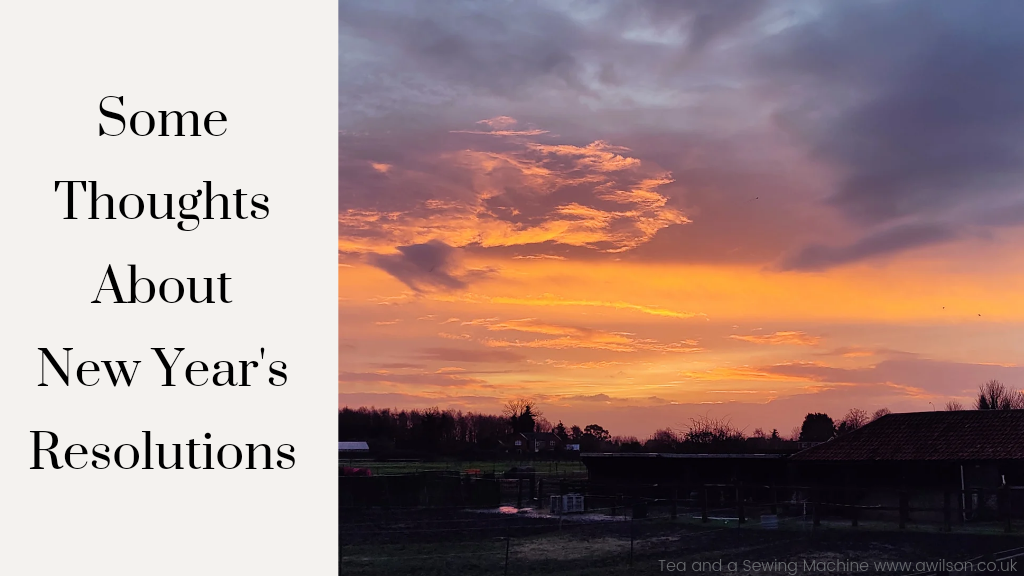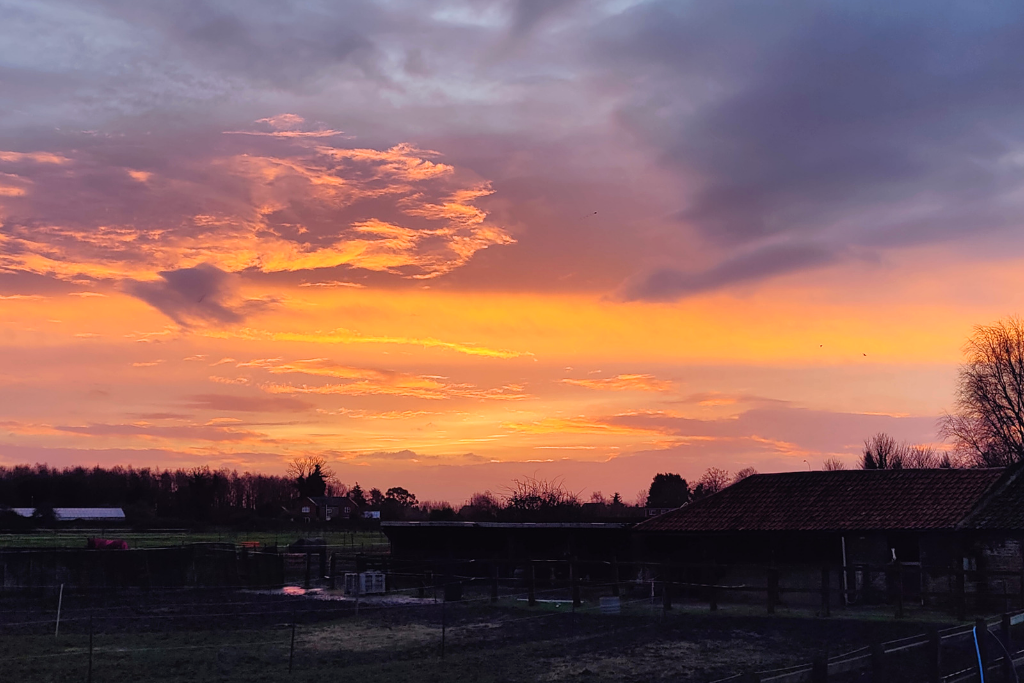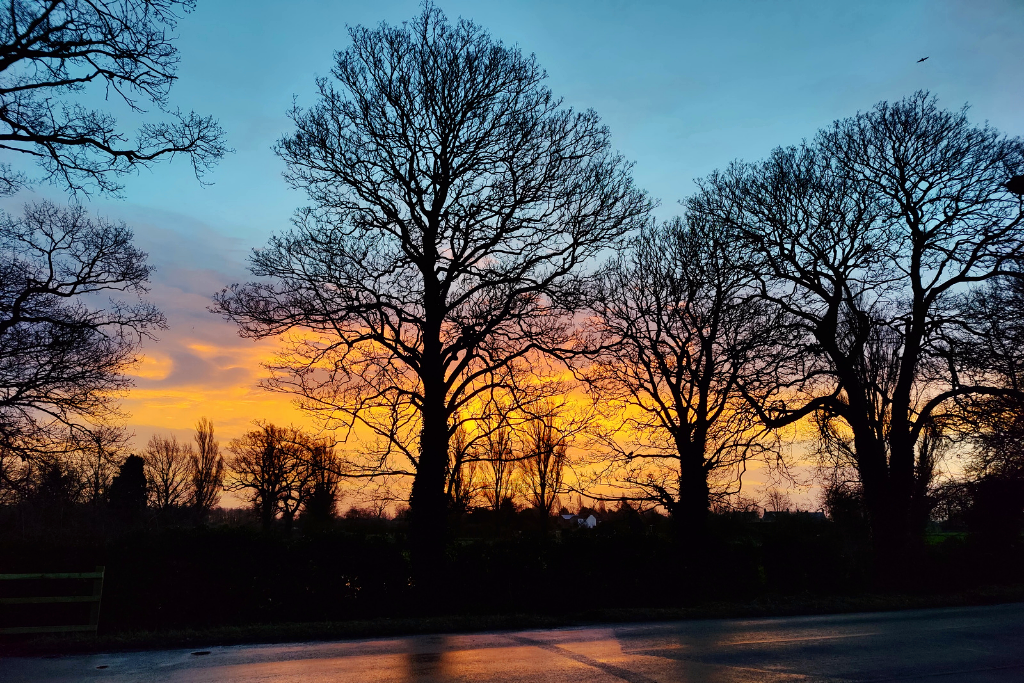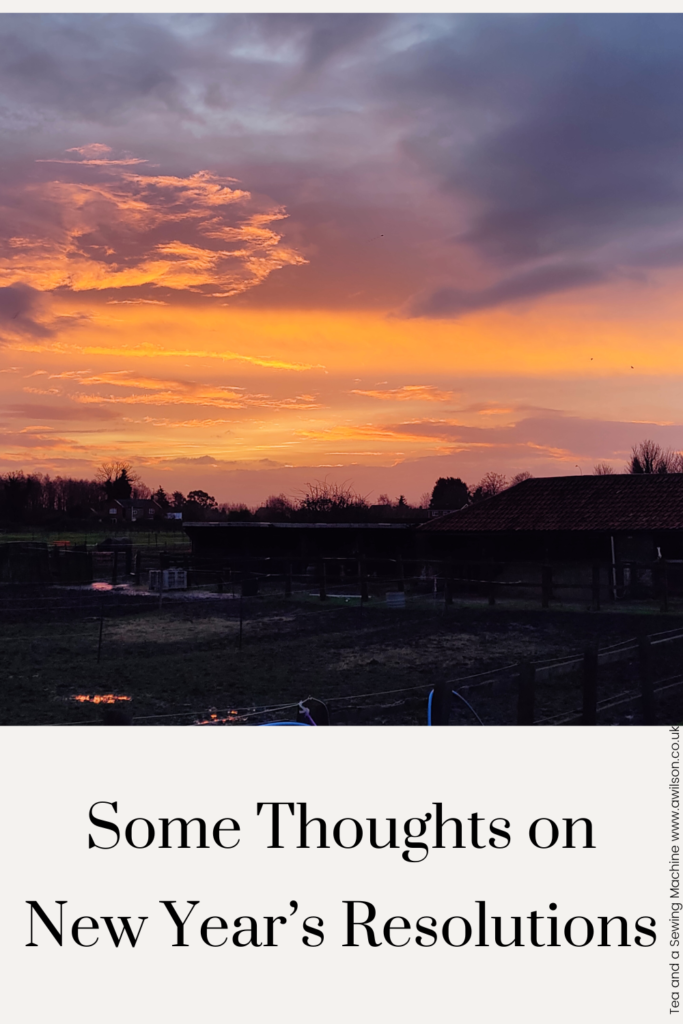
Over the years, I’ve had a mixed relationship with New Year’s resolutions and goal setting.
New Year’s resolutions can seem like a good idea, but can cause us some problems.
Often, we set ourselves huge goals that are not even remotely realistic. We’re encouraged to “dream big”, and although it is good to push ourselves when we feel able to, it’s no good having unrealistic ideas about what we’re going to achieve with no idea of even where to start.
New Year’s resolutions are so often like this. Any ideas about how we will fit twice weekly visits to the gym, or how we will purge our homes of all plastic tat into our normal busy lines don’t even enter our minds when we are full of cheese and we don’t know what day it is!
As a result, our good intentions fall by the wayside. The gym membership goes unused, the foreign languages remain unlearnt, and the mess we resolved to sort through only serves to remind us that we have failed again. Our New Year’s resolutions became yet another thing to beat ourselves over the head with.
And this is if we even remember what they are! It’s so easy to get to February, or even the second week in January, and to have completely forgotten that we even made resolutions at all.

Goal Setting as an Alternative to Resolutions
Goal setting can sometimes work a bit better than resolutions. This is especially true if you are the kind of person who has plenty of ideas, but isn’t so good at seeing things through to the end! I’ve used goal setting myself several times, and I can honestly say that without breaking things down into the tiniest of steps, there is no way I would have finished the ebooks I’ve written, or sorted out the messiest rooms in my house!
However, there are some problems with goal setting too. I’ve written about them before. Too much can result in a blinkered, tunnel vision kind of approach to life, where we are hurtling down a motorway at 90 miles an hour to whatever end goal it is we have in mind.
There are so many reasons why this kind of approach isn’t always the best. Sometimes we think we know what we want to achieve long term and how we’re going to get there, but often it’s with limited information, or things that we believe to be true we later find out are not.
Wanting to reach the end goal as quickly as we can, motorway style, means that we are likely to miss other things along the way. Sometimes those things might only be distractions, but other times they might actually suit us better.
This kind of goal setting implies that we need to have a clear end in mind, and a set of steps for achieving it, before we even start out. That’s just not true. Sometimes, if you have a vague idea and you make a start, the way will become clearer as you go along. It actually seems quite odd that we would expect an idea to pop into our heads fully formed! It makes far more sense to expect that things will change and develop along the way.

Over the years I have tried both. I’ve also a tried a kind of approach where the aim is to pay attention to what is going on around me. To see what the signposts are and the messages I seem to be getting, for the goal to be actually to live in a more intuitive kind of way. I believe I do this now much more, and the beauty of it is that I can pay attention any time, not just in January, and make little changes and try things out whenever it feels right to.
A Third Approach to Resolutions
I’ve talked a little bit before about cycles. In the west, we tend to view things in a linear kind of way. Goal setting fits in quite nicely with a linear approach to life. We travel a long a straight line, at a consistent speed, until we reach the end.
The problem is that life isn’t like that. We have weeks, months, even years that are busy, and others that are quieter. There are times in our lives when we might be busy with one particular task, like raising children, or caring for elderly relatives.
We also have a tendency to view ourselves as robots! I do this myself all the time. We are not encouraged to recognise that there are times in a day, a week, a month, when we get lots done, and others when all we want to do is sit on the sofa, eat chocolate and not answer the door.
Even in certain seasons, you might feel more inclined to do certain things, eat certain things, or sleep more or less.
Instead, we live as though our energy levels are the same all the time, and anything we manage to do on a good day when we’ve had enough sleep and the sun is shining ought to be achievable the rest of the time if we try hard enough.

There are cycles in nature, and we are part of nature. Robots are not part of nature, so they can keep on going until they need to be plugged in or oiled or whatever it is that robots need!
But as humans, we have fluctuating energy levels, and times when we are more able to do certain things.
If you are a morning person, you are going to have much less energy in the evening for tasks that are physically or mentally tiring. I find writing easier in the morning. I could get annoyed with myself for not being like a robot and try to force myself to write in the evening instead, but it’s actually much easier to acknowledge that this is how I am and try to fit writing tasks in during the morning, and do other things later in the day.
When we lived in agricultural communities, we lived lives that reflected the seasons. There was a time for planting, for growth, for flowering, for fruit and harvest, and then a dormant period where we could rest.
We don’t live like this any more, and as a result, we have lost touch with the seasons and with our own cycles. But maybe life would be nicer and easier if we were to acknowledge the cycles.
One way in which we can do this is to recognise that January represents an opportunity to consider what is working in our lives and what we would like to change.
New Year’s Day always reminds me of that quote from Anne of Green Gables: “Tomorrow is a new day with no mistakes in ‘it”. The beginning of January is a new year with no mistakes in it! It seems natural to want to make some resolutions in January, to adjust what isn’t working well, to make changes to our lives so we feel happier and more fulfilled, and to deal with things we’ve been putting off.
With a linear view of life, we would expect to stick to our resolutions, and probably fail, and then feel bad about ourselves.
But perhaps it doesn’t matter if our resolutions only last for a few weeks or even a few days. Maybe if we only get a little way along with some goals, it’s ok. We’re further on than we were.
Recognising that resolutions in January are part of the cycle allows us to be kinder to ourselves. We can honour this by making resolutions or setting goals that are achievable in a month or so. Then we can do them while have the energy and the inclination, and while remember what they are and why we made them. Then they can become things that help us to live our happiest lives, rather than things we use to beat ourselves with.



[…] Having read the title, you might be wondering what on earth I’m doing talking about things to do in January, considering what I have said in the past about New Year’s resolutions. […]